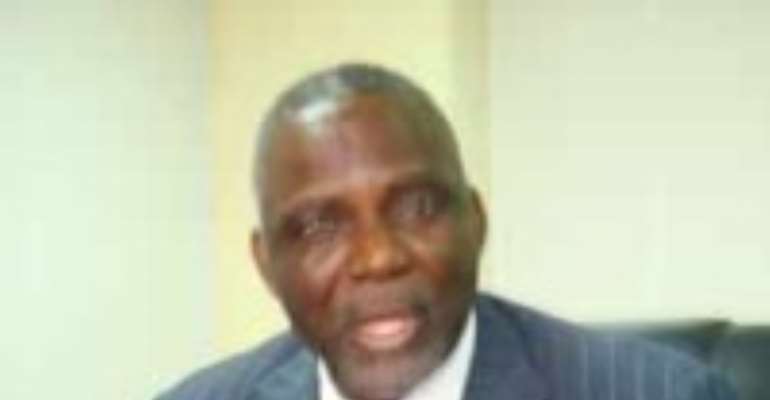GOVT BEGINS CLOSURE OF PHCN, TRANSFERS WORKERS

DESPITE protest by labour on the planned privatisation of the electricity sector, government is unrelenting in its reform agenda. In fact, government said yesterday that the reform was fully on course and had become irreversible.
Latest revelations from the Presidency indicate that government has actually commenced the winding up of the central headquarters of the Power Holding Company of Nigeria (PHCN) in Maitama, Abuja.
According to details made available by the Presidential Task Force (PTF) on Power, the headquarters' workers have started moving out either to the Ministry of Power or to successor companies, while the functions of PHCN are being transferred to individual successor companies.
The eventual winding-up is, however, expected to be a legal or court-ordered formality, occurring when ongoing workers movements and transfer of assets and liabilities are concluded, before the end of April.
A report detailing measures to remove obstacles to private sector investment in Nigeria's power sector was released yesterday by the PTF on Power and contains major decisions to be taken in this regard.
The report stated that the Power Grid of India, ESB International of Ireland and Manitoba Hydro of Canada have been invited to submit technical and financial proposals for the management contract of the Transmission Company of Nigeria.
A transaction adviser, CPSC Transcom, was appointed in December 2010 to assist the Bureau of Public Enterprises in undertaking the divestiture transactions. Details of the report signed by the Chairman, Communications Committee of the PTF on Power, Mr. Abimbola Agboluaje, also indicate that new tariffs for electricity will be announced by April 2011.
The Nigerian Electricity Liability Management Company (NELMCO) was also established in September 2010 to assume the liabilities of the PHCN successor companies, 'thus neutralising operational and financial risks of investors and new managers of the companies such as the settlement of arrears of salaries, pensions and other benefits of current sector workers.'
On measures so far taken to end government's monopoly and attract private investors, the PTF on Power recalled that adverts inviting companies to submit expressions of interest in taking up 51 per cent stake of the six generation and 11 distribution PHCN successor companies had been published in the media.
Agboluaje noted that interested companies were to submit expressions of interest by February 18, 2011, while short-listed companies would be invited to submit bids for the successor companies early in the second quarter of the year.
Winning bidders are to take over management of the companies by the end of second quarter of 2011.
Part of the report read: 'The Nigerian Bulk Electricity Trading Plc (NBET) was incorporated in July 2010 to address the concern of investors in the generation sector about the credit worthiness of the distribution companies; the NBET will purchase electricity on behalf of the distribution companies until they establish a track record of paying for the power they deliver to consumers by efficiently metering electricity consumers and collecting bills. A World Bank Partial Risk Guarantee and a Federal Ministry of Finance Risk Guarantee to compensate against political and other risks and further give confidence to investors are being finalised.
The risk guarantees will also cover contracts to supply gas to power plants. Already, NBET has commenced negotiations with Nigerian Independent Power Plants to contract new generation capacity for the country, backed by these guarantees.'
On the contentious labour issues, it continued: 'Arrears of monetisation benefits worth N57 billion has been paid to PHCN workers. The government also secured an additional N143 billion naira from the National Assembly as part of the supplementary budget of 2010 to compensate current PHCN workers for the severance of their current employment contracts with the government.
'A labour committee chaired by the Minister of Labour, Mr. Chukwuemeka Wogu, has been also established by the Presidential Action Committee on Power (PACP) to ensure that government honours all obligations to current PHCN workers. The Nigerian Electricity Liability Management Company (NELMCO) will be legally obliged to settle any outstanding liabilities after the PHCN successor companies come under the management of new private sector investors. It is worth noting that Investors cannot afford to bring in expatriate staff to replace Nigerians who best understand the system; they will rely on the technical experts currently engaged in the sector to run the companies.'
